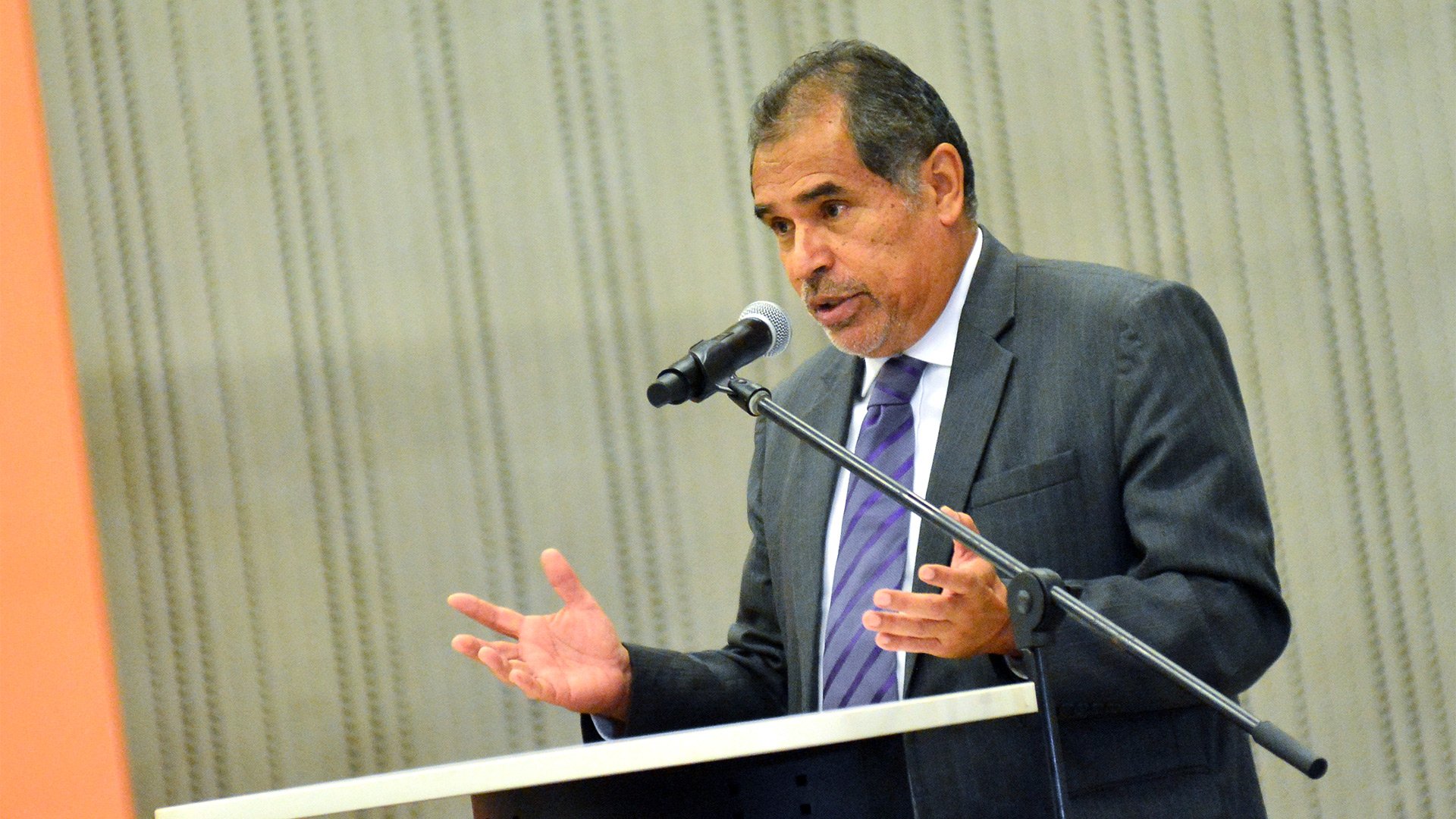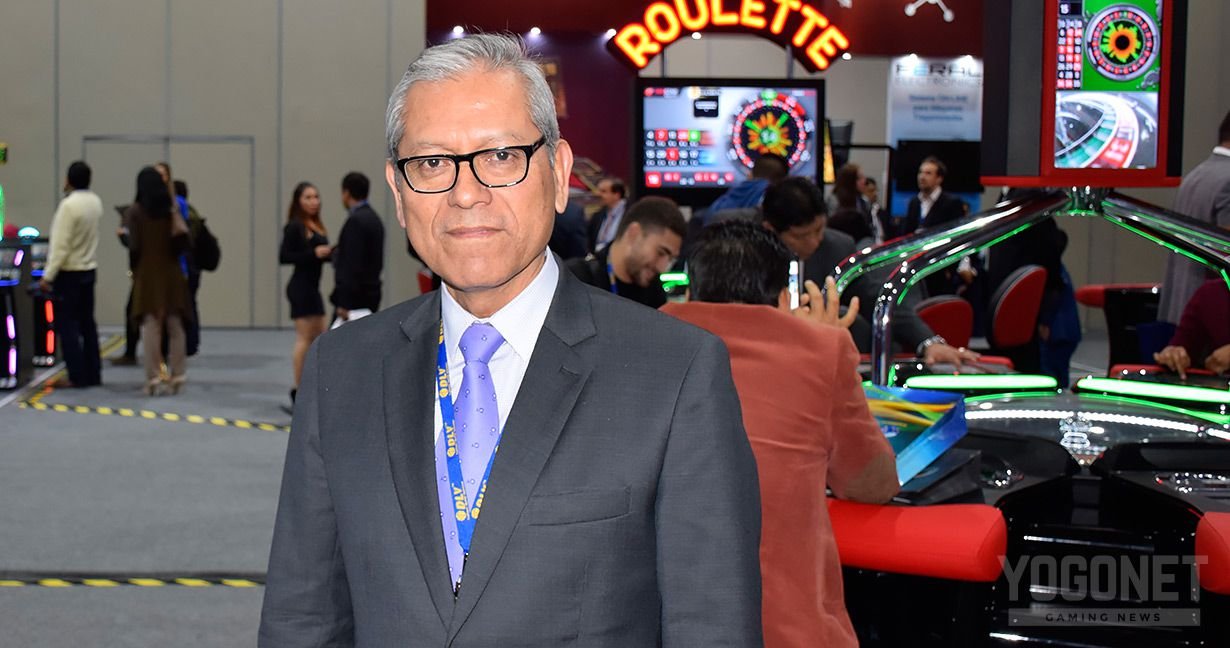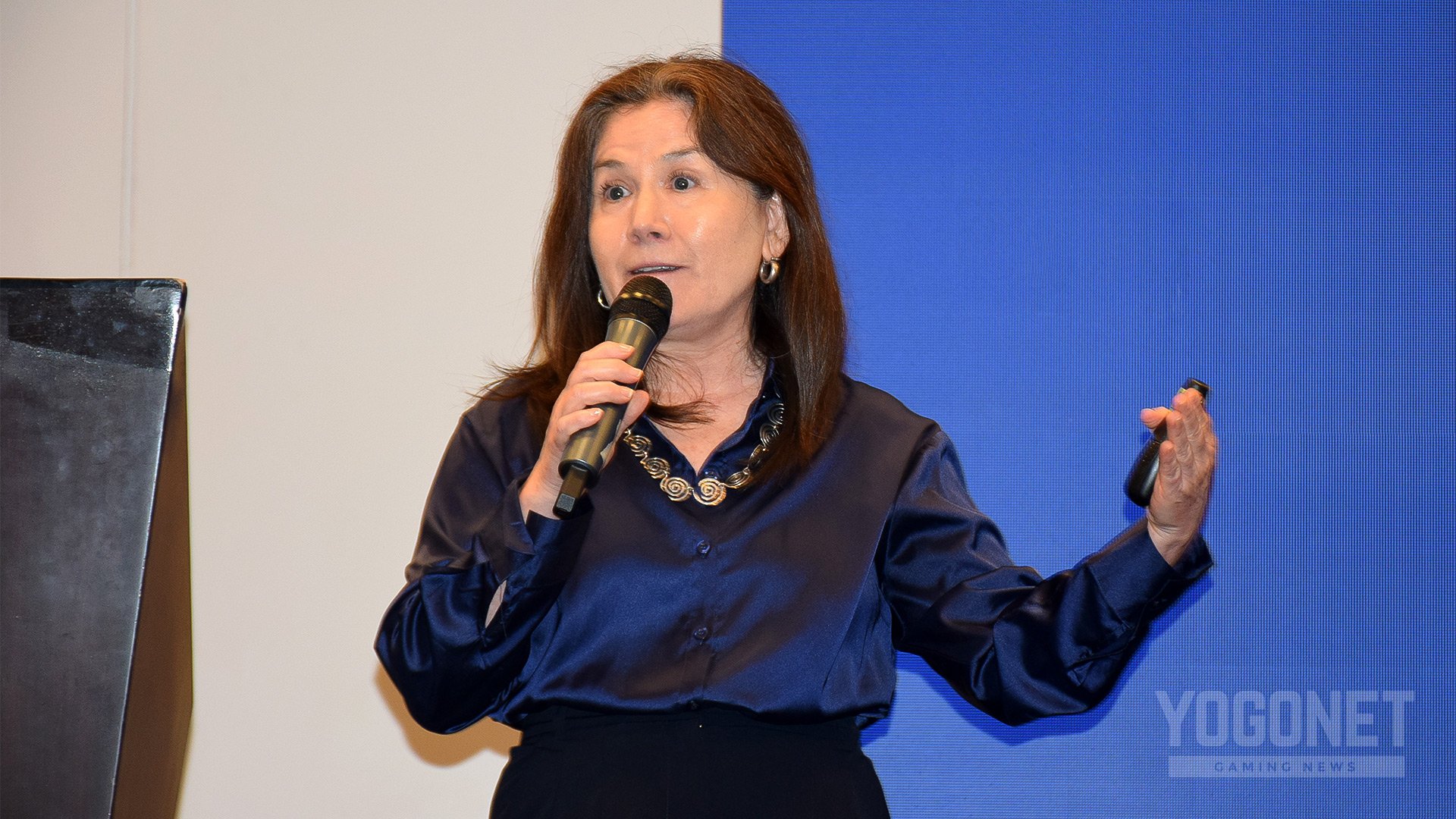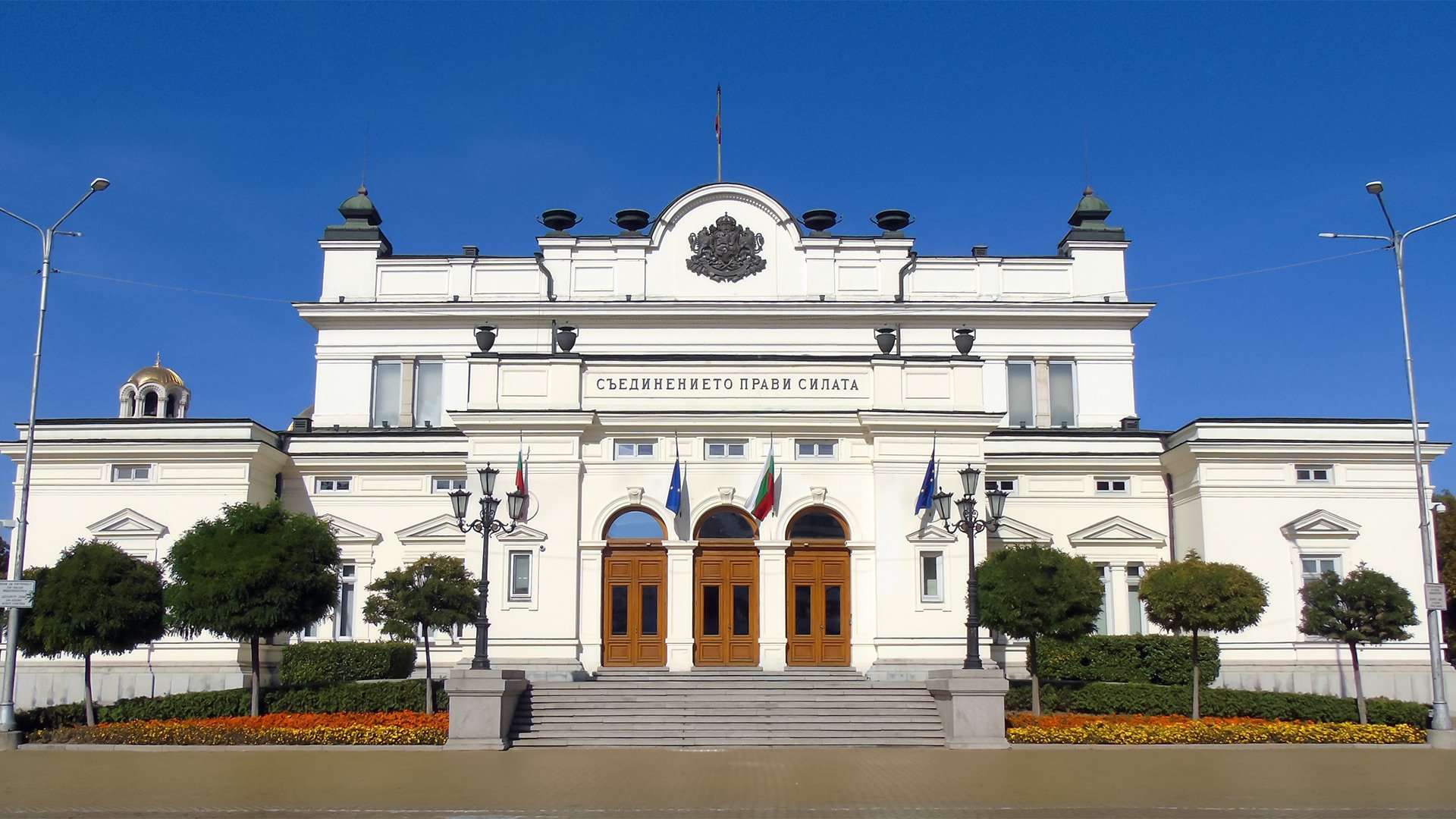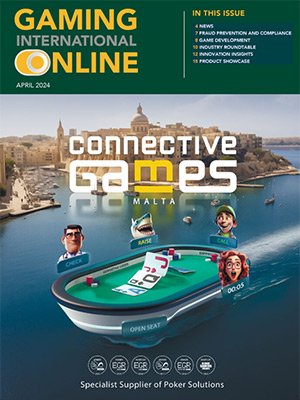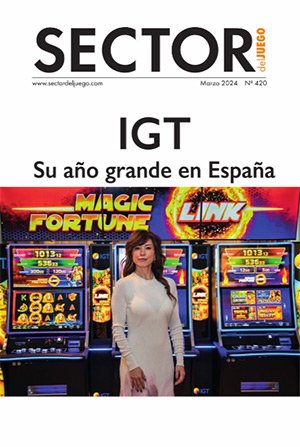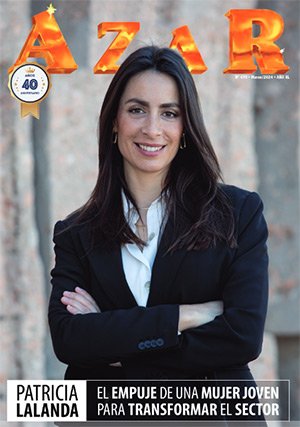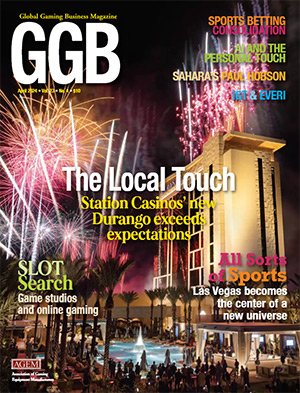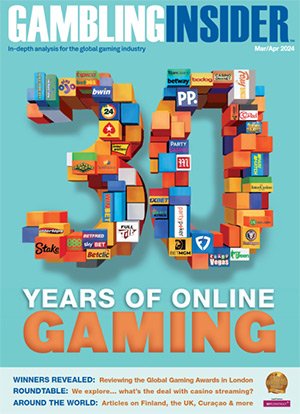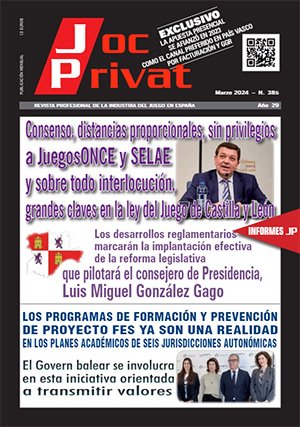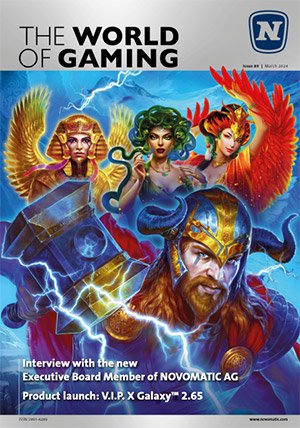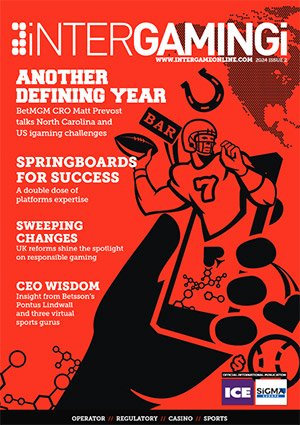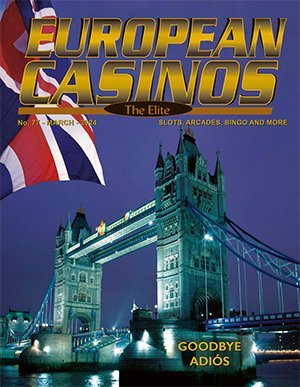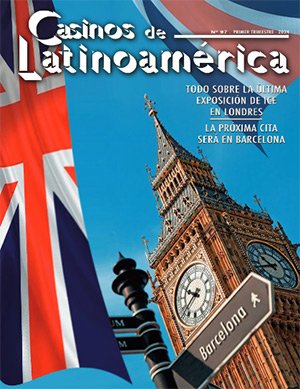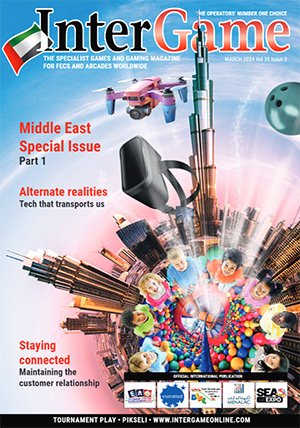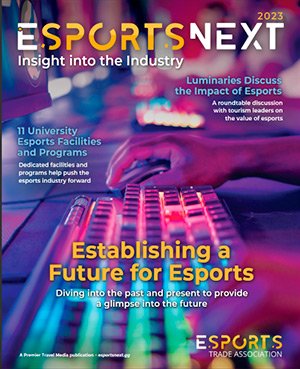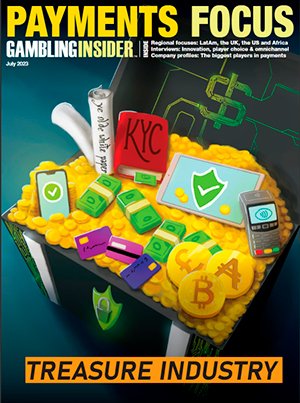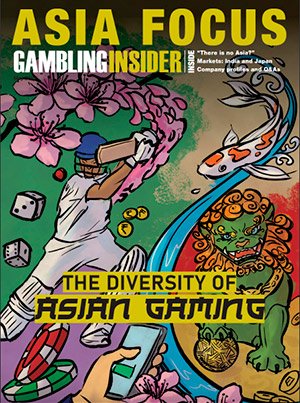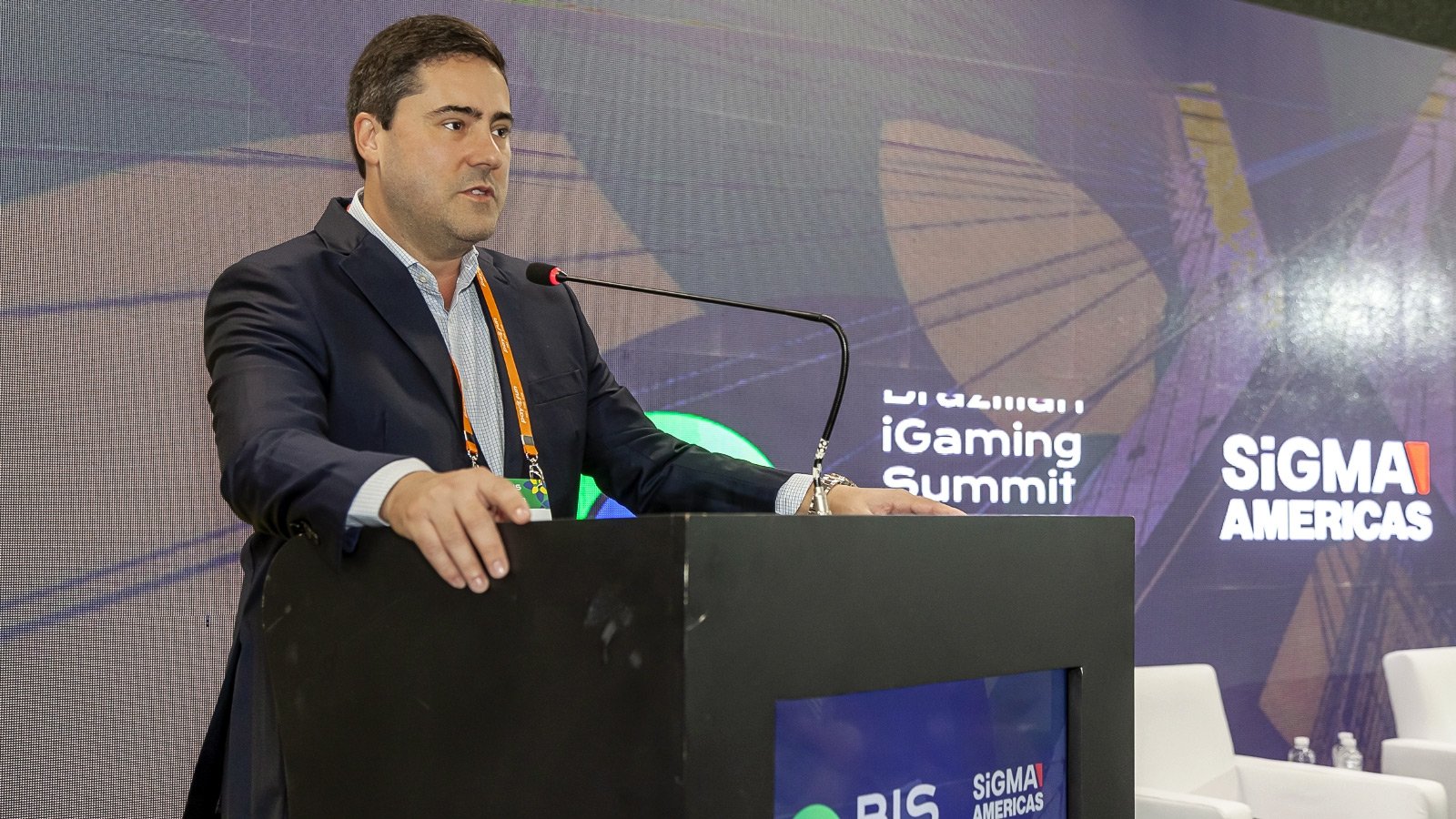Carlos Fonseca Sarmiento: "The Peruvian online gaming law prefers over-regulation to self-regulation"

Attorney Carlos Fonseca Sarmiento, a partner of Fonseca Abogados LLC and specialist in gaming legislation in Peru and Latin America, analyzed the new regulation of the law governing the gaming and online betting sector in Peru and criticized the text published by Peru's Ministry of Foreign Trade and Tourism (MINCETUR).
In an interview with Yogonet, the specialist stated that the regulation goes against the freedom of online operators and warned of an excess of the Peruvian Executive Power by demanding technical requirements that will generate "much more bureaucracy and much more attention to the form than to the substance".
What are your expectations about the Regulation of the Law that regulates remote gaming and remote sports betting?
It is a regulation that prefers over-regulation to self-regulation. It is a paternalistic regulation that justifies the invasion of the freedom of the operators and players based on the mistaken idea that the private sector is not capable of making the right decisions in this activity. Finally, it is a " lab" regulation, since it overstretches the laboratories' work.
The Executive Branch has chosen to err by excess rather than by default with respect to technical standards. I do not know of any regulated activity in the country where electronic commerce exists that presents this level of technical control. When you make a banking operation with your token, there is no specific regulation from the authority to control this.
What is going to happen? Much more bureaucracy and much more attention to form than substance. Internet activities have to be regulated to the bare minimum. They are delocalized activities that can be offered from anywhere. As I have always said. In public policies on gambling, our authorities always like to do it the hard way. It is not only Peru, it is an endemic evil in Latin America.
Juan Carlos Mathews, Peru's Minister of Foreign Trade and Tourism
Different stakeholders in the sector expected a pre-publication of the regulation before the issuance of the official text. Based on what has been published, do you consider that a previous revision would have been necessary?
I do not understand why MINCETUR did not pre-publish the regulation again. It was the best thing to do. If the first draft was contradictory and incomplete, it was obvious that they needed help. They acknowledged it since they accepted more than 700 observations. And it was not only MINCETUR's fault. Law 31.557 was born with a factory flaw because it had so many errors - such as, for example, operating only with the impossible domain with extension "bet.pe" or establishing a tax only for domiciled persons, violating the principle of tax equality - that it had to be modified before it came into force. I do not know of any other law in Peru that has been modified before it came into force.
MINCETUR should have realized that they were not prepared to regulate such a complex activity and requested the support of the sector and specialists. If the law was modified by Congress, the pre-published version no longer represented the proposal of the Executive Branch. What regulatory quality seeks is the transparency of the rules. The culture of secrecy can no longer exist in a democratic rule of law. It will always be better for an authority that is faced with regulating a technical subject that it does not know, to receive the points of view of the main interested parties, the regulated parties themselves.
The final decision rests with the authority, in this case, MINCETUR, but it will not make a proper decision if it does not listen to all parties. Before the publication of this regulation, there have been sessions to discuss the technical standards but not the regulation. If they had pre-published the regulation a few months ago -as they have taken quite a long time to publish it-, a better outcome would have been achieved.
Based on what has been published, do you consider the deadlines established for online operators to apply for the respective operating licenses or authorizations to be acceptable?
That is another of the contradictory issues of the regulation. MINCETUR had already exceeded the deadline to approve this regulation. Additionally, it did not accept the help of experts. It could have hired specialists to help them make the regulation within the legal deadline as other countries have done or pre-published to receive suggestions, but it did not do so.
Instead, they have created an impressive amount of technical requirements and administrative procedures and I don't think they will be able to handle all the applications they are going to receive from current operators, their platform providers, laboratories, and Linked Service Providers. For example, if on the first day, they receive 100 applications from Linked Service Providers, 50 applications from operators, and five applications from Labs, which one do they review first? Who do they give the first gaming license to?
Getting a license quickly has a significant advantage in the marketplace. MINCETUR officials are going to be in the public eye for their work in the transparent handling of these procedures. If they fail to comply with the deadlines, they will incur functional responsibility. They should have opted for more flexible deadlines, as they are shooting themselves in the foot.

Do you think this new regulatory framework will promote the growth of the online sector in Peru?
That is another issue that the authorities do not seem to have understood either. Online gaming exists and will exist, with or without law. Regulation has to be attractive to promote the regulated market. The amount of illegal gambling that exists in the world is significant. When the costs of being legal are reasonable, everyone legalizes. Let's look at nearby regulated markets, like Colombia or the Dominican Republic, for example, where illegal gambling exists. Our law has many flaws as a consequence of the inexperience of those who made it. Article 4 of the Law should not exist, it is absurd because it only applies to those who have a license but not to those who do not.
On the other hand, the objective should have been to homogenize the legislation on betting games, but they have left a large number of betting games that can be offered outside the law. For example, in-person bets that are not linked to a digital platform. The regulation also does not follow the rule of regulating the law without overflowing it or denaturalizing it. For example, one of the -necessary- modifications to Law 31.806, which we demanded and which was achieved because it constituted a violation of the right to the free development of personality, was to allow any person of legal age, whether in Peru or abroad, to play. These are delocalized games, it was absurd not to allow it. But the Regulation errs in requiring as identification document only the National ID Card, the Foreigner's Card, or the Passport. What happens to a person of legal age who does not have a passport? Can the Regulation prevent him/her from having the right to play? Absolutely not.
And several requirements generate unnecessary costs. A pre-feasibility study? What is its purpose? Is MINCETUR going to interfere in the decisions of how each company organizes its business plan? There will be an opportunity to unravel all these flaws caused by paternalism, the absence of the principle of proportionality, ignorance, prejudice, and lack of deliberation with public opinion.
What are the prospects for the online sector concerning the land-based sector in Peru? Is it possible to speak of a context in which both industries coexist harmoniously?
Most of the operators in the land-based sector have shown interest in extending their business line to remote gaming. Although they have in common that both are betting games, they are different business lines. As well as the provision of games remotely or through Bet Shops. I do not see the logic and it even seems to me unconstitutional, because it is disproportionate, that people who wish to play in a Bet Shop have to identify themselves with their ID when this does not happen with horse betting, casino games, lotteries, and slot machines. There is a lot of ignorance in this sector.
What I recommend to the regulators of MINCETUR, as a former regulator of this activity, are three pieces of advice. First, they should study constitutional law a lot, since this activity is invasive of fundamental rights and freedoms and that is the time bomb for the waves of constitutional processes to which the regulations of gambling games are exposed. Every time they think of incorporating a restrictive measure, they should ask themselves if it is suitable, necessary, and proportional to an end or constitutional right to be protected.
Second, they should have a modern vision of the State where they always seek to simplify administrative procedures. Third, they promote a culture of transparency, that they always pre-publish their rules and accept the collaboration of the private sector. It is not a sign of weakness to accept that one does not know a technical subject when in fact one does not know it.



